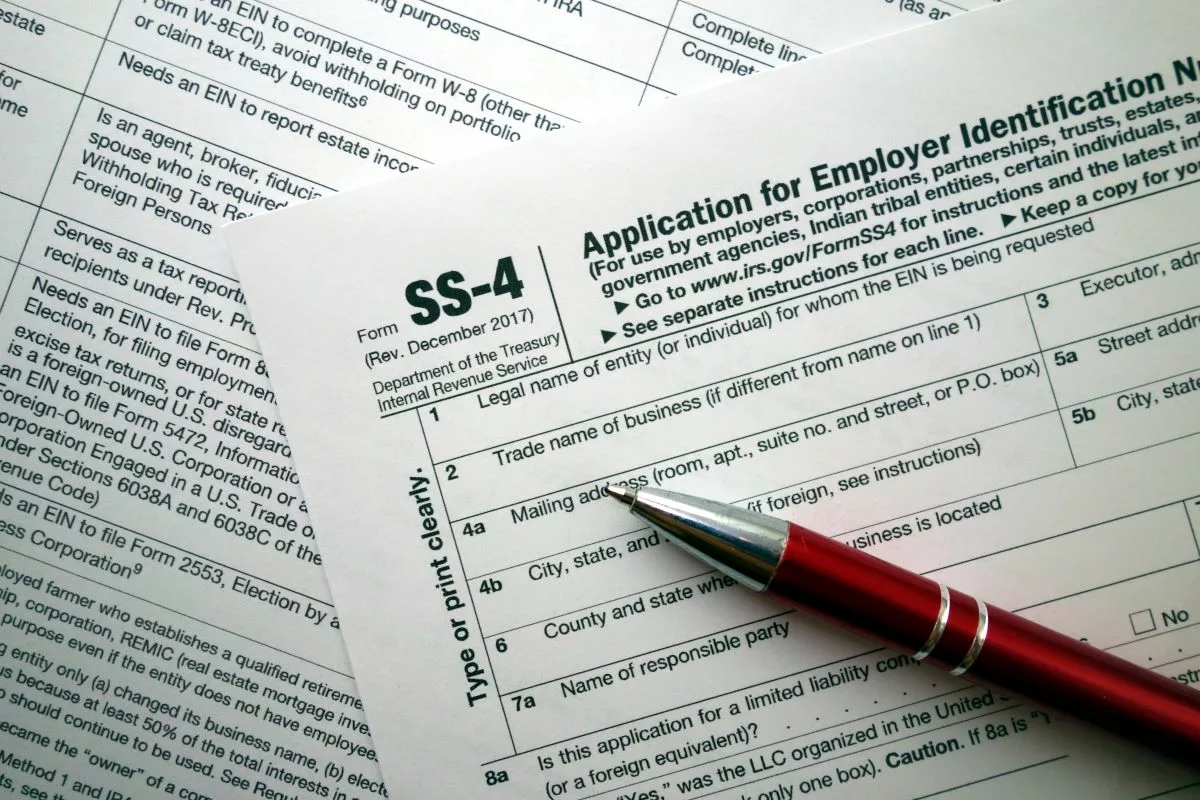US Army soldiers constantly put themselves on the line for their country. But one mission that can be challenging is navigating the complex terrain of federal taxes. Thankfully, the US Government recognizes the sacrifices and unique circumstances of those in the Armed Forces, providing a range of tax benefits specifically tailored to their needs.
This article examines 7 military tax deductions you can claim in 2023. These benefits are administered by the Internal Revenue Service (a division of the US Department of the Treasury) and are offered to regular and reserved units controlled by the Secretaries of Defense, Army, Navy, Marine Corps, Air Force, Coast Guard, and National Guard.

1. Combat Zone Pay Exclusion
Combat Zone Pay Exclusion – sometimes called the Combat Zone Tax Exclusion (CZTE) – is a military tax deduction offered to service members in designated combat zones. The exclusion applies to various types of compensation related to military service in a combat zone. This includes base pay, hazardous duty pay, imminent danger pay, and other forms of combat-related compensation.
However, it’s important to note that not all types of military pay are eligible for exclusion.
Combat zone pay is payment received by members of the military who serve in a combat zone as designated by the President in an Executive order. It could also be payments received while working in a hazardous duty area designated by Congress while facing hostile fire or imminent danger. Combat zones include the following: Afghanistan, Jordan, Kyrgyzstan, Pakistan, Tajikistan, Uzbekistan, Philippines, Djibouti, Yemen, Somalia, Syria, Federal Republic of Yugoslavia, Albania and Kosovo.
How To Apply for Combat Zone Pay Exclusion
Typically, if you served in a combat zone and received payments for it, you don’t need to do anything for the exclusion to take effect. It will be shown on your Form W-2. However, if the combat zone pay isn’t excluded, you should get a corrected Form W-2 from your military finance or accounting office.
When filing federal income tax returns, you can use IRS Form 2555 (Foreign Earned Income) to report your combat pay exclusion.
2. Gain or Loss From Home Sale
You may not have to pay federal taxes on all or part of the profit from selling your residential home. Your residential home, in this case, includes the following:
- House
- Houseboat
- Mobile home
- Cooperative apartment
- Condominium
In most cases, you can exclude up to $250,000 of gain and $500,000 if married and filing a joint return. This exclusion is permissible each time you sell or exchange a main home. However, it should not be more than once every 2 years.
Who Qualifies
To be eligible for this tax exclusion, you must have:
- Owned the home for at least 2 years
- Lived in the home as your main residence for at least 2 years, though you don’t need to have resided in the home for 2 years at a stretch.
You can deduct it from your Form 1099-S when you file your federal taxes.
3. Housing Allowance
The Housing Allowance, officially known as the Basic Allowance for Housing (BAH), is a financial benefit provided to military service members in the United States to assist with housing expenses. It is intended to help military personnel cover the cost of housing when they are not living in government-provided housing on military bases.
The BAH rate is determined based on several factors, including your service member’s rank, location (duty station zip code), and whether you have dependents (spouse and/or children). Service members with dependents typically receive a higher BAH rate than those without dependents.
How Much Housing Allowance Can You Get?
The Department of Defense (DoD) recalculates BAH rates annually to reflect changes in local housing costs. You do not need to include your BAH in your taxable income when filing federal tax returns. To view your 2023 Military BAH rate, click here.
Housing Allowance helps bridge the gap between military compensation and the cost of housing in the civilian sector.
4. Travel Expenses
If you’re military personnel traveling away from your permanent duty station, you can deduct unreimbursed expenses when filing federal taxes. Unreimbursed expenses include meals, lodging, laundry, and business phone calls. You can file these expenses under Form 2016 and do not need to itemize these deductions.
Notice you cannot deduct expenses related to travel overseas if you are already stationed there or traveling for personal reasons as long as your duties take you more than 100 miles from home.
5. Moving Expenses Deduction
This is another military tax deduction you should consider. If you’re on active duty and ordered to move because of a permanent change of station, you’re entitled to a tax deduction when it is unreimbursed. Expenses include unreimbursed costs of moving household goods, personal effects, and travel costs.
You can apply for this benefit using Form 3903 when filing your tax returns.
6. Transportation Expenses
Military transportation expenses are unreimbursed costs that include the following:
- Traveling from one workplace to another
- Attending a meeting away from your regular workplace
- Traveling overnight from home
This doesn’t include the expenses of commuting to your regular place of work from your home. You can include this on Form 2016.
7. Earned Income Tax Credit
Earned Income Tax Credit (EITC) allows low-to-moderate-income workers and families to get a refundable tax, even if they do not owe any federal taxes. For military personnel, this means more money in your pocket, as the EITC can lower the federal taxes you owe. And, in some cases, you may also get a refund of up to $6,557.
You must file Form 1040 when filing your tax return, either online or via mail.
What Documents Are Needed To Apply for These Tax Benefits?
To apply for these tax benefits, you must provide receipts, vouchers, bills, and an itemized list of reimbursed expenses. This will give you proper figures when recording the deductions as you file your federal tax returns.
What Happens Next?
The IRS will immediately look into it and approve it seamlessly. In some cases where further clarification is needed, they will contact you for more information. Thus, keeping a record of all your unreimbursed expenses is important so you can input accurate information when filing your federal taxes.
For more information, visit the IRS page or call 800-829-1040.
Claim Tax Deductions
Military tax benefits are provided to National Guard or US Army members to ease the financial strain and lower the amount of their earnings that will be taxed. These benefits require different eligibility requirements and documentation requirements. Visit the IRS page for more information about getting the best out of your deductions when filing your federal taxes.





